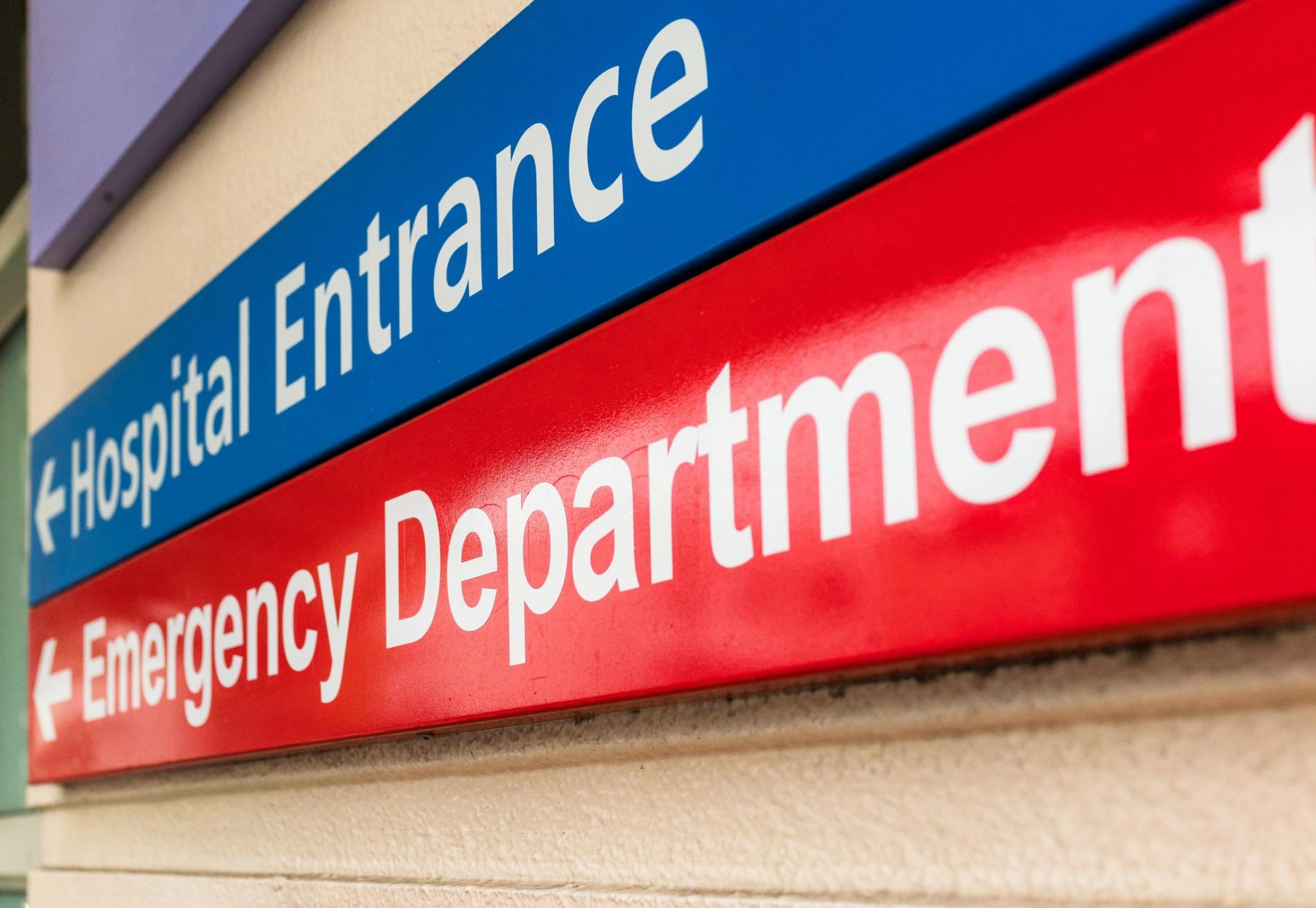In an effort to carry out upgrades, reduce overcrowding and improve infection control ahead of the winter period, a total of £150m funding is set to be allocated to A&E departments in 25 hospitals across England.
Announced by the Health Secretary Matt Hancock, the additional funding will ensure A&Es around the country are able to appropriately expand and upgrade to ensure they have the physical space to treat patients, safely manage patient flow and improve infection control measures, ahead of a predicted tough winter as a result of the continuing coronavirus pandemic.
The new funding is in addition to the £300m recently allocated for 117 trusts to upgrade their facilities, bringing the total government investment into A&E upgrades this winter to £450m.
Waiting areas will be expanded and the number of treatment cubicles increased, boosting capacity and reducing overcrowding.
Projects are expected to be completed by the start of next year, ensuring hospitals can benefit from the upgrades during the peak of the winter period.
Alongside this funding, new measures are also being piloted in trusts across England, with NHS 111 being the first point of contact for accessing urgent medical care. To ensure patients get the right care in the right place and avoid unnecessary visits to emergency departments, NHS 111 will build on its role during the pandemic to direct patients to the most clinically appropriate service, including emergency departments, an urgent treatment centre, a GP or mental health professional.
Based on what works best during the pilots, this approach will be rolled out to all trusts from December this year.
Health and Social Care Secretary Matt Hancock said: “We are investing £450m to make sure our A&E departments are ready for winter. Hospitals around the country will be able to expand and upgrade to ensure they can continue safely treating patients in the coming months.
“During the peak of the pandemic we saw millions of people using NHS 111 to get the best possible advice on Covid-19, and other urgent NHS services. These pilots will build on this and test whether we can deliver quicker access to the right care, provide a better service for the public and ensure our dedicated NHS staff aren’t overwhelmed.
“We all need to play our part by washing our hands regularly, using a face covering and keeping our distance from those not in our household. We are determined to protect the NHS as we did during the peak.”
Dr Cliff Mann, NHS National Clinical Director for Urgent and Emergency Care, added: “While emergency admissions are now back to near normal levels and 999 calls are actually above usual, Covid-19 infection control means rethinking how we safely look after people who might previously have been to an emergency department for a more minor condition. Local teams are working hard to expand and adapt services to ensure people can continue to get the care they need safely, whether that’s in hospital or closer to home.
“This additional investment will help us continue the development of NHS 111 and provide a broader range of services, with direct booking that will ensure all patients can see the right clinicians in the right setting, and address the extra challenges posed by Covid-19 so that emergency departments can safely treat those patients who do require their services.”



















